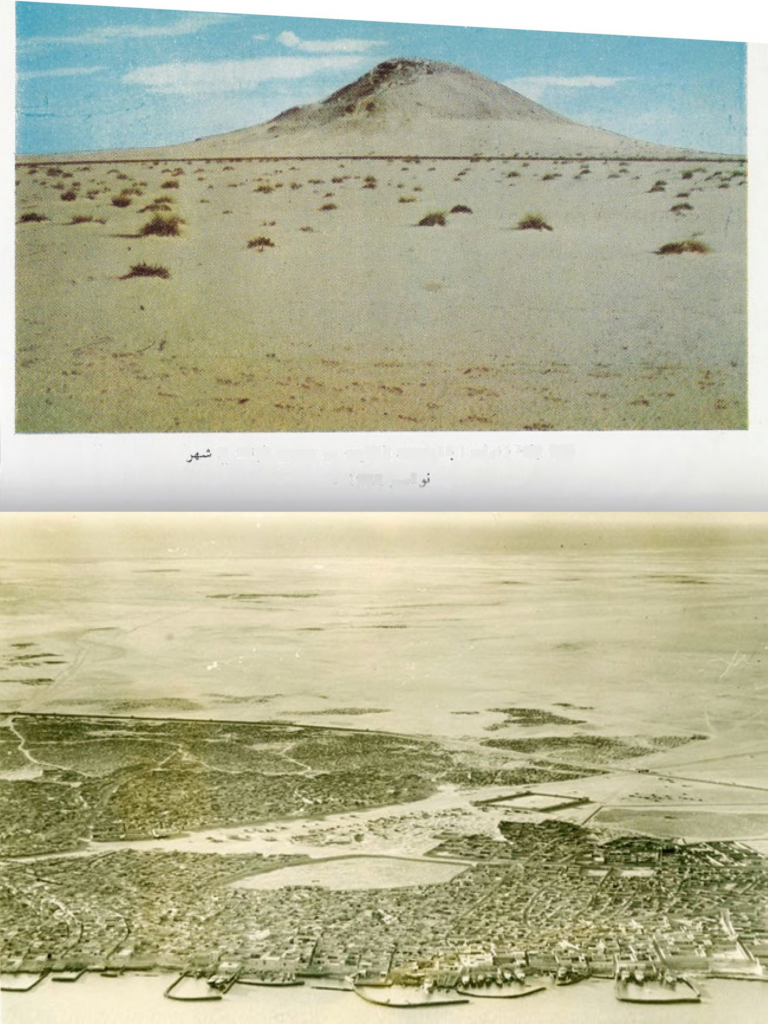Born 1986 in Kuwait City, Kuwait, where she lives and works
The Secret Lake
2024
Aseel AlYaqoub is an artist, curator, and author whose inquiries into the past and present of Kuwait span the fields of architecture, history, and cultural studies. Through her archival research and interdisciplinary artistic practice, she deconstructs symbols and narratives surrounding emerging Kuwaiti nationhood and Arab identity from the postcolonial era into the present; she also explores imaginaries of the region’s natural landscapes. After studying architecture at the AA School of Architecture in London and working in the field, she received an MFA from the Pratt Institute in New York in 2015. She is the founder of Safat Studios, an artist-run initiative in Kuwait City. In 2021 she co-curated the Kuwait Pavilion at the 17th Venice Architecture Biennale with the project Space Wars, which revisited the conflict and military occupation of the Gulf War thirty years later, interrogating the environmental implications of the military conflict and occupation.
As a backdrop for modernization and development, the desert has featured prominently in AlYaqoub’s investigations. As part of Biennale Encounters, she conducted a workshop, titled “Desert as Method,” for participants residing in Saudi Arabia and coming from diverse backgrounds and regions, which addressed different representations of the desert across fictional and colonial accounts, from cinema and history to art and architecture. Challenging the view of the desert as barren land, AlYaqoub traced the colonial and orientalist history of “emptiness” as a notion that has legitimized exploitation and military expansion. Drawing on her research for Space Wars and the work of historians such as Samia Henni (Deserts Are Not Empty, 2022), AlYaqoub examined the deployment of the hinterlands—remote spaces outside of densely populated, urban areas—as sites of military infrastructure and oil extraction. In her presentation for the research section of the Biennale, she builds on the insights gained in her workshop to examine a site on the periphery of Riyadh in Al Uyaynah commonly known as the Secret Lake. Through utilizing mapping technologies and satellite imagery, AlYaqoub traces and analyzes the site’s ecological history, its current uses for purposes ranging from camel farms to resource industries, and its prospective transformations.



